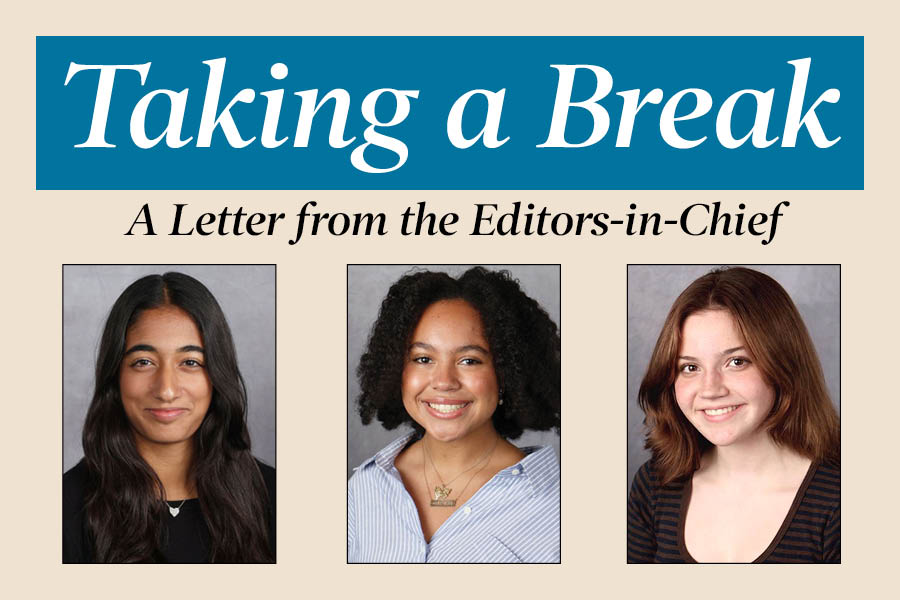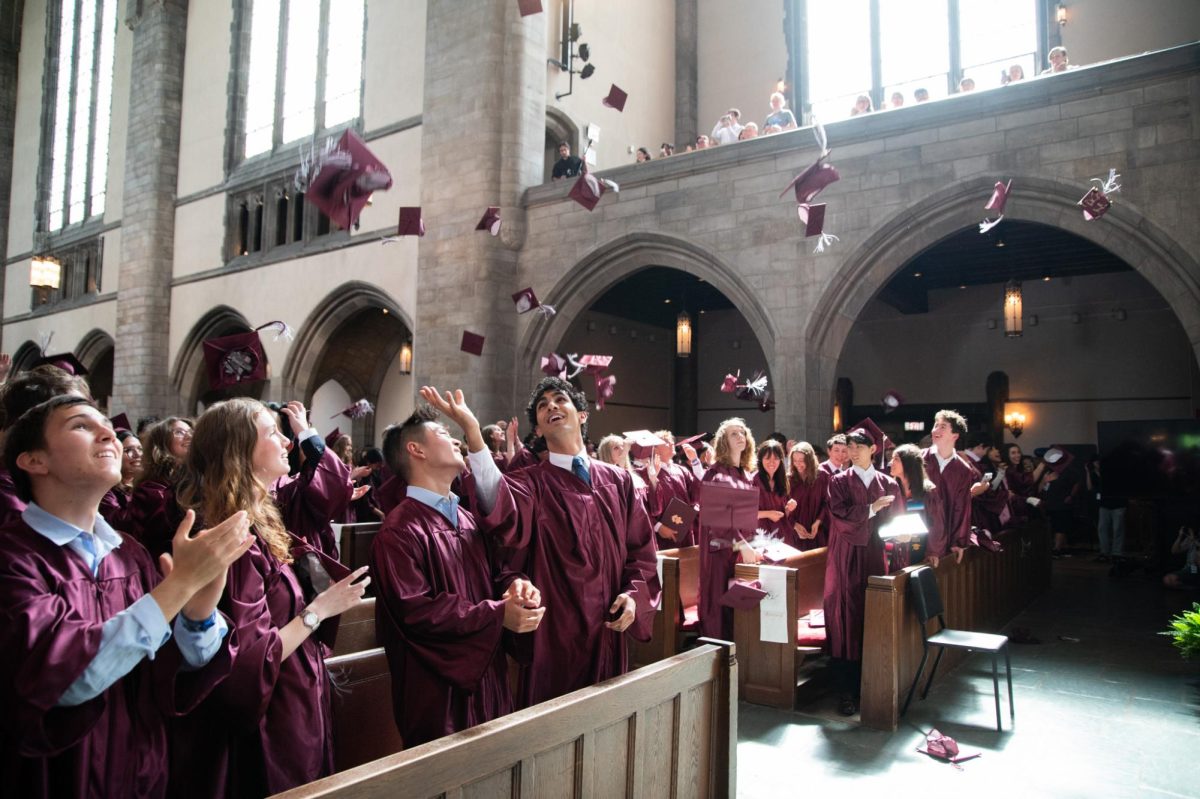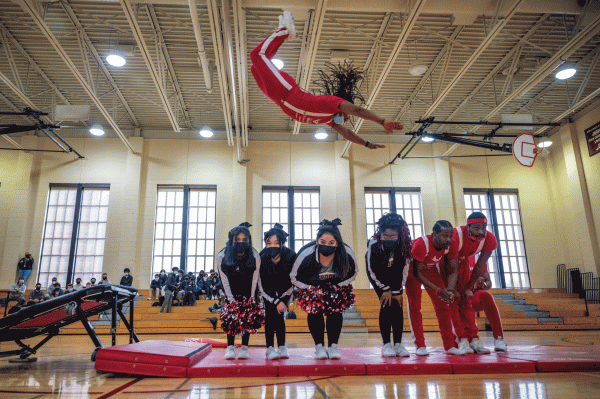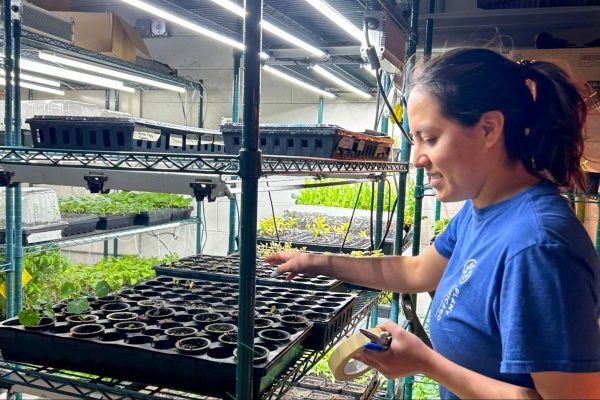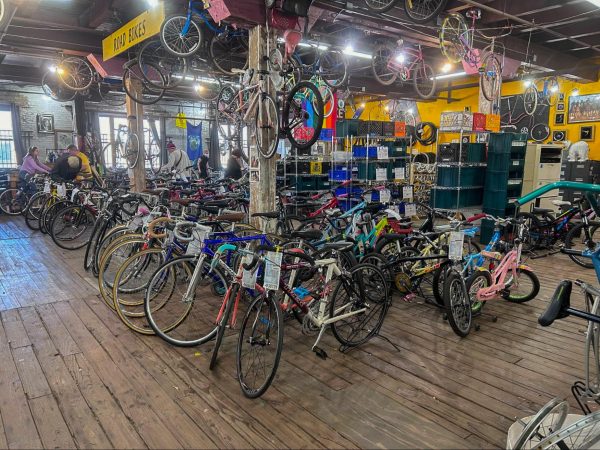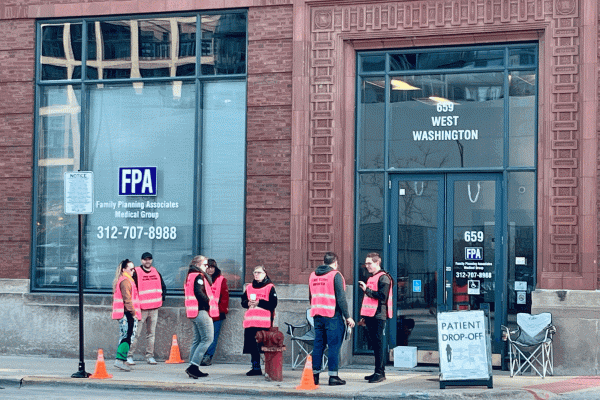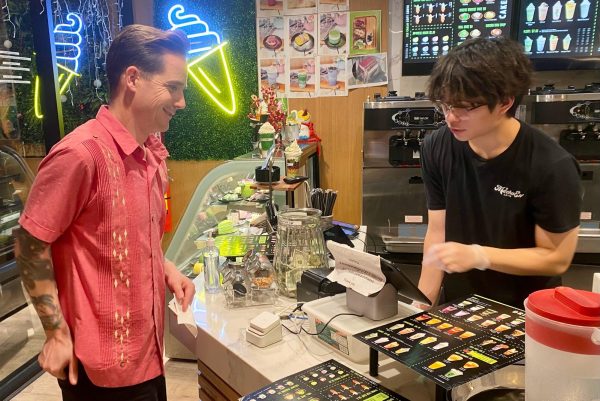CPS students concerned about health care, climate
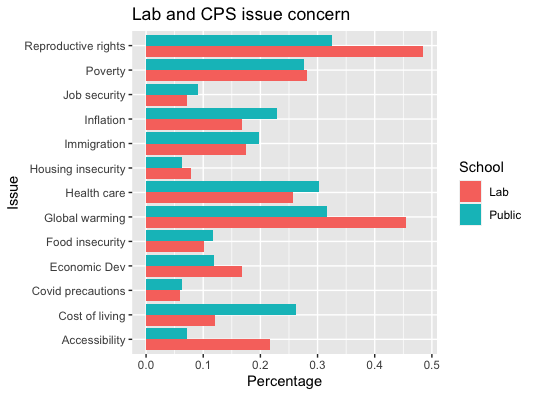
Bar graph comparing percentage of Lab and CPS students who said an issue concerned them.
January 20, 2023
U-High recently participated in a survey about issues in the upcoming mayoral election. The survey was organized by the Scholastic Press Association of Chicago and the Northwestern Medill School of Journalism. The questions on the survey were created and distributed to the student body by student journalists from 11 private, charter and public high schools around the city.
Participating schools: Jones College Prep, Kenwood Academy High School, Lane Tech College Prep High School, Mather High School, Northside College Prep, Whitney M. Young Magnet High School, Butler College Prep, and Pritzker College Prep
The survey received 1288 responses, 1042 from public and 246 from private schools.
The increasing cost of living expenses, health care, global warming and reproductive rights are the top issues for Chicago public school students, according to the December 2022 survey of teens throughout the city ahead of the mayoral election.
Students were asked to select three issues from a list of 15 or enter another topic not already listed. The increasing cost of living was one of the most concerning issues with just over 26% of the 1042 total responses.
“When I become a functioning adult in society, I would like to own a house,” a sophomore who attends Jones College Prep High School wrote. “Every day that gets harder as the cost of living increases and meanwhile inflation increas[es]. I am going to have to work more and longer than my predecessors to just have a home.”
Similarly, a senior from Lane Tech College Prep High School wrote that the increasing costs of everyday items concerns them.
“My family has had to resort to local food pantries/local supply giveaways/clothes giveaways to avoid any further losses,” they wrote.
The third most concerning topic to public school students was health care, with just under 30.3% of students selecting it.
A junior from Mather High School said they have never had health insurance.
“Thankfully everything is OK now,” they wrote, “but many others struggle with the same concerns that I do, and many are struggling with much worse injuries or health issues.”
Several other responses shared that the cost of products like gas is increasing at an unsustainable pace.
A senior from Kenwood Academy High School said necessities are becoming increasingly more inaccessible.
“I believe that families are struggling greatly due to inflation. Many families struggle to pay for necessities like gas, food, etc.,” they wrote. “I simply hope we can figure this out so we can help families more.”
Global warming and environmental problems were also high on the list for public school students.
“Global warming is a huge issue and we as people have little to no time,” a ninth grader from Pritzker College Prep wrote. “We must take action today. I am displeased how our country not taking action or helping.”
Similarly, a sophomore from Whitney Young Magnet High School wrote that he is “incredibly” concerned with the state of the environment.
“The main goal is to make sure the planet is habitable,” he wrote. “Encompassing legislation must be passed to act in the very near future, not some arbitrary goal like 2050, but now, to cut emissions tenfold and move greatly towards renewable energy, and this needs to be done by not listening to oil and coal lobbyists, but by focusing on the planet’s survival.”
Reproductive rights was the most popular response with 32.5%..
A Lane Tech senior wrote, “Although living in a blue state and Democratic city where reproductive rights are still protected, I fear for other parts of the country and women across the U.S. who will lose access to the right of abortion.”
The issues least selected were housing insecurity, COVID-19 precautions and accessibility.
Many CPS student responses indicated that they were unsatisfied with their schools’ response to several matters, but more notably, mental health.
“I feel that my school needs to handle [mental health] better,” a sophomore from Butler College Prep wrote. “I think it will be best to provide students with programs or opportunities to help them with mental health problems.”









